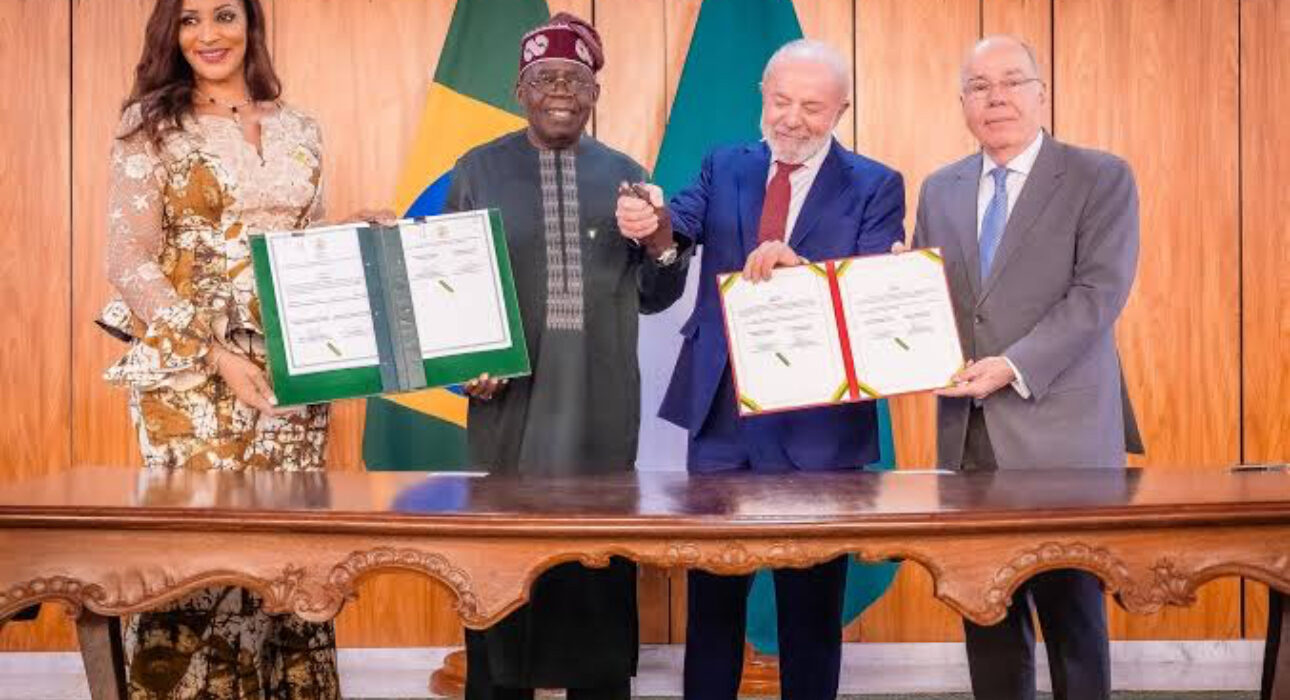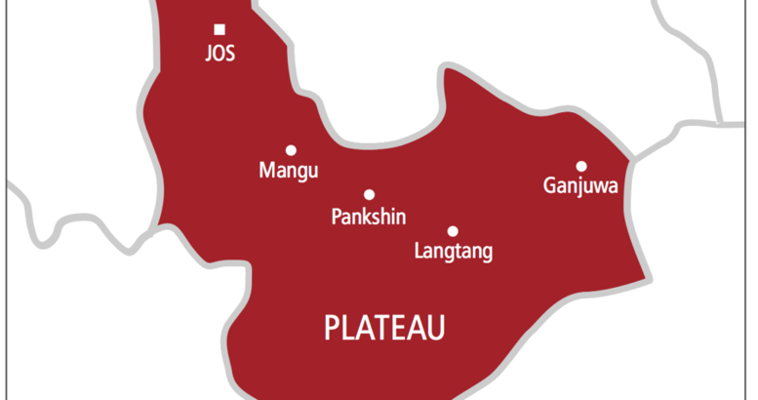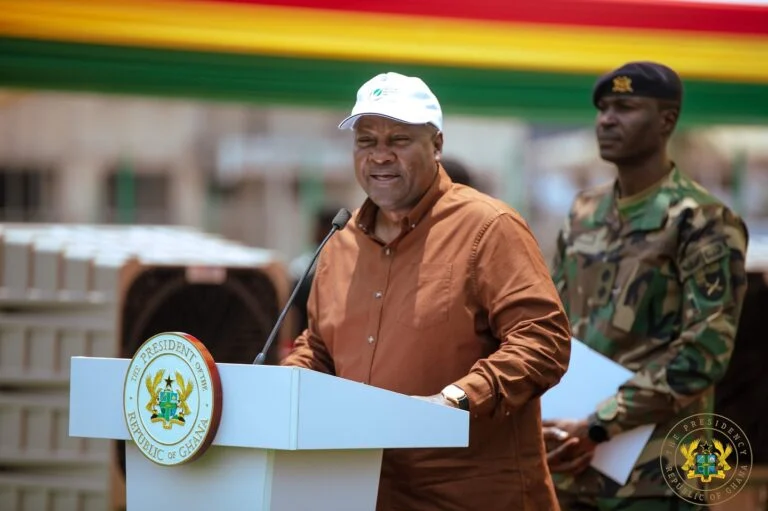Petrobras Returns to Nigeria After Five-Year Exit With Strategic MoUs

Brazil’s state-owned oil company, Petrobras, is set to re-establish its presence in Nigeria after a five-year absence, marking a new chapter in the long-standing relationship between the two nations.
The decision follows the signing of five strategic Memoranda of Understanding (MoUs) designed to deepen bilateral cooperation not only in energy but across multiple sectors of economic engagement.
The MoUs, signed during high-level meetings between Nigerian and Brazilian officials, cover areas including oil and gas, agriculture, health, culture, and biofuels. Officials say the agreements will serve as a framework for broader economic collaboration, with Petrobras’s return viewed as the centerpiece of renewed ties.
Nigeria’s government has described Petrobras’s renewed interest as a significant opportunity to boost investment in deepwater oil exploration, an area where the Brazilian company has extensive expertise. Petrobras, widely regarded as one of the world’s leading operators in ultra-deepwater drilling, previously held stakes in Nigerian offshore assets but withdrew in 2020 as part of a global restructuring.
Energy Minister and foreign affairs officials confirmed that the company is now in talks over access to new acreage in the Gulf of Guinea, with prospects for joint ventures and technology sharing on the table.
In addition to oil, Brazil’s experience in ethanol blending and biofuels is expected to support Nigeria’s energy transition goals, aligning with efforts to diversify away from crude oil dependence.
The return comes at a strategically important moment. Nigeria is looking to attract fresh foreign investment into its oil and gas sector amid ongoing reforms, while Brazil, under President Luiz Inácio Lula da Silva, is expanding Petrobras’s footprint across Africa.
The company already has active projects in Angola, Ivory Coast, Namibia, and São Tomé and Príncipe, and has identified Africa as its primary exploration frontier outside South America.
Officials also point to the broader diplomatic context. With Brazil preparing to host major international events such as BRICS, the G20, and COP30, both nations are seeking to use the momentum to strengthen ties, leveraging economic cooperation for greater global influence.
For Nigeria, the return of Petrobras is more than an oil deal. It represents renewed confidence from a global energy powerhouse and the possibility of revitalizing dormant sectors through technology transfer, training, and cross-sector agreements.
For Brazil, it reinforces the country’s role as a bridge between Latin America and Africa, while consolidating Petrobras’s strategy of global expansion in resource-rich regions.
As negotiations progress, the details of Petrobras’s investment and operational commitments are expected to be finalized in the coming months.
For now, the signing of the MoUs signals a new era of cooperation—one that blends energy security, economic diversification, and diplomatic alignment between Africa’s largest oil producer and South America’s biggest economy.









